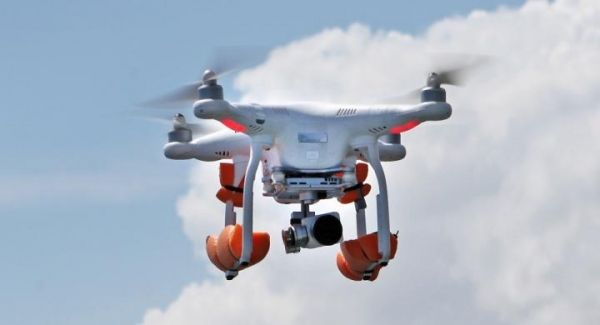Floating sea macro-litter is a threat to the conservation of marine ecosystems worldwide. The largest density of floating litter is in the great ocean gyres –systems of circular currents that spin and catch litter– but the polluting waste is abundant in coastal waters and semi closed seas such as the Mediterranean.
MARLIT, an open access web app based on an algorithm designed with deep learning techniques, will enable the detection and quantification of floating plastics in the sea with a reliability over 80%, according to a study published in the journal Environmental Pollution and carried out by experts of the Faculty of Biology and the Biodiversity Research Institute of the UB (IRBio).
Read more at: University of Barcelona
In the future, it is expected to adapt the app to a remote sensor (for instance, a drone) to automate the remote sensing process). (Photo Credit: Àlex Aguilar (UNIVERSITY OF BARCELONA - IRBio))


